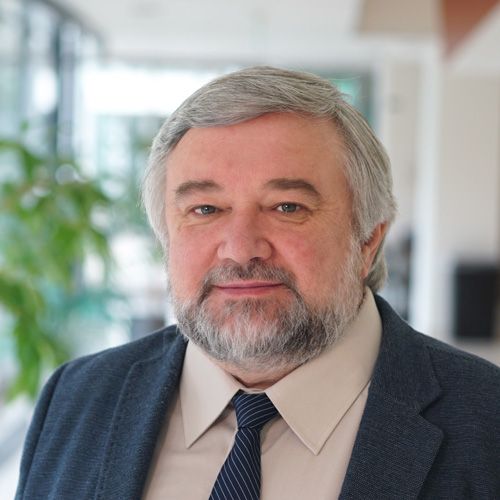Unlocking the Dark Genome: Early Detection of Major Cancers through Immune Response to Activated Retrotransposons
Recent research spearheaded by Roswell Park Comprehensive Cancer Center and Genome Protection Inc. has made a groundbreaking discovery in cancer diagnostics, focusing on early detection in some of the deadliest forms of cancer. The study uncovers how the immune system’s response to activated retrotransposons, elements of the so-called “dark genome,” can be harnessed to identify cancers like lung, pancreatic, ovarian, liver, and esophageal cancer in their more treatable stages. This advancement holds the potential to significantly impact cancer treatment strategies and patient outcomes.
Key Points:
- Research Collaboration and Scope: The study was a joint effort by Roswell Park Comprehensive Cancer Center and Genome Protection Inc., exploring the potential diagnostic use of the immune system’s response to retrotransposons in early-stage cancers.
- Target Cancers: Focus on lung, pancreatic, ovarian, liver, and esophageal cancers, collectively responsible for more than 235,000 annual deaths in the US. These cancers are often diagnosed in late stages, making effective treatment challenging.
- Role of the Dark Genome: The research highlights the role of the “dark genome,” especially Long Interspersed Nucleotide Element-1 (LINE-1) retrotransposons, which make up over 17% of human DNA and are often activated in cancer cells.
- Immune System’s Response: The immune system produces antibodies against LINE-1 retrotransposons’ proteins, which can be detected in blood tests, potentially signaling the presence of early-stage cancer.
- Development of an Immunoassay: The team developed an immunoassay to detect antibodies against LINE-1 antigens, using blood samples from more than 3,000 individuals, including cancer patients and healthy controls.
- Diagnostic Potential: High levels of antibodies against LINE-1 antigens were notably present in patients with the targeted cancers, even in early stages, indicating the immunoassay’s potential as a diagnostic tool.
- Broader Implications: This discovery sets the stage for developing new diagnostics and immunotherapies, offering hope for better outcomes in treating these challenging cancer types.
- Institutional Contributions: The study involved collaboration with institutions like Sanford Burnham Prebys Medical Discovery Institute, I. V. Davydovsky Clinical City Hospital, Yale University, and the University of Chicago Comprehensive Cancer Center.

“Oncology research is increasingly turning its attention to the so-called ‘dark genome.’ This is a vast array of highly repetitive, virus-like genetic elements dispersed throughout our DNA. Known as retrotransposons, these elements typically remain silent in normal cells but are commonly derepressed — or activated — in cancer.“
– Dr. Andrei Gudkov, PhD, DSci, Senior Vice President, Research Technology and Innovation and the Garman Family Chair in Cell Stress Biology at Roswell Park
More on Genomics
